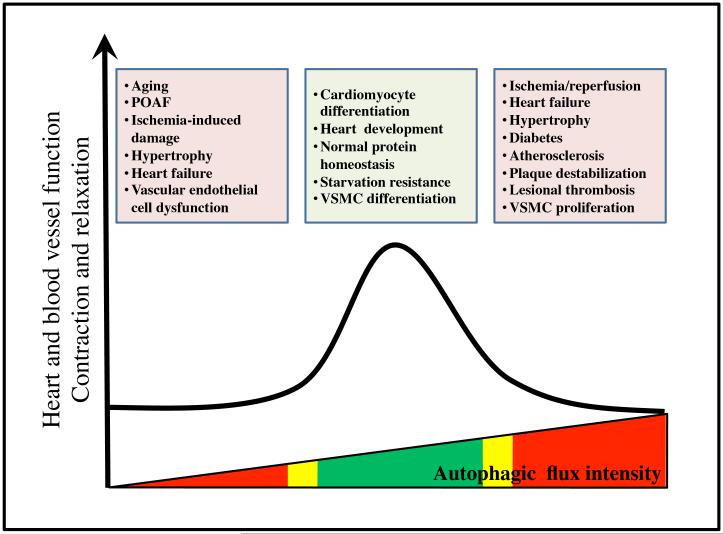Figure 8. Autophagy in cardiovascular diseases.
The relationship between autophagy and cardiovascular diseases is complex. Although basal autophagy is critical to maintain cell homeostasis, both increases and decreases in autophagy to an excessive degree can induce alterations in normal heart and blood vessel functions. In ischemia/reperfusion, heart failure, hypertrophy, diabetes, atherosclerosis, plaque destabilization, lesional thrombosis and vascular smooth muscle cell (VSMC) proliferation, autophagic flux is abnormally elevated, contributing to cardiac and vessel dysfunction. In Atg5 and Becn1 knockout animals and during aging, autophagic activity is decreased, perturbing cellular homeostasis and contributing to cardiovascular diseases, such as post-operative atrial fibrillation (POAF), ischemia-induced damage, hypertrophy, heart failure, and vascular endothelial cell dysfunction.

